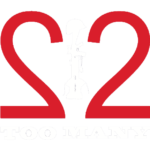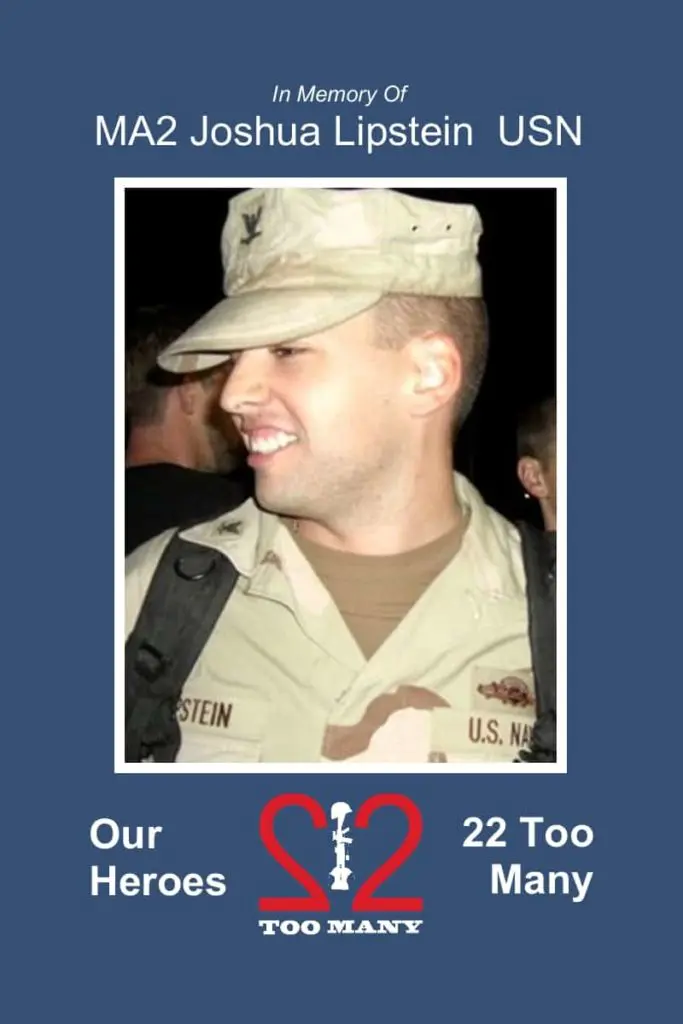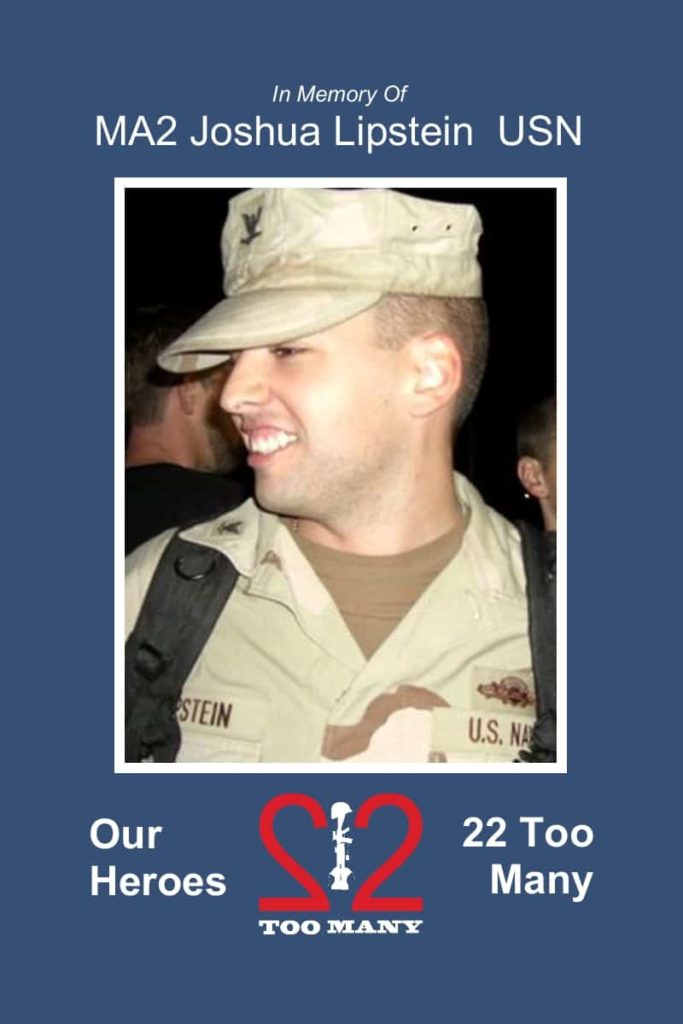Joshua was the oldest of three children. He was totally shy until he became a teenager and came out of his shell. In 2005, he joined the Navy. He was among the first to volunteer for duty as a “Riverine” (Squad 1) patrolling the waterways in Iraq. He served on two tours in Iraq. He planned on making a career of it and after retiring, he was going to join the FBI or Secret Service. An acoustic neuroma (a benign brain tumor that severely and permanently impacts hearing, balance and facial movement) was discovered after his second tour and it changed his desire to serve since he no longer was allowed to carry a weapon. After the successful surgery he was placed on desk duty until he could be cleared for a medical discharge. Unfortunately, drugs took hold of his life before that ever came into play. His mother passed away in February of 2011, which was the final drop of water in that glass which overflowed with darkness.
Excerpt from Huffington Post series, “Invisible Casualties”
After Joshua died, “I was in a frozen state,” Don (his father) told me one day as we sat in his car in a parking lot outside Wilmington. He wore a polo shirt emblazoned with the logo of Navy Riverine Squadron 1. “I was in a state of shock for probably three months. There is a tremendous amount of loss, pain and guilt, shame, anger.”
A Navy casualty assistance officer gave Don a batch of material after the funeral, including a brochure from TAPS, the Tragedy Assistance Program for Survivors. It provides peer-based emotional support for those who have lost loved ones due to their military service, connects survivors with grief counselors and other resources, and offers seminars and retreat camps for kids.
Don called and was put in touch with a trained survivor care team member. She was a good listener and he talked, slowly over the months absorbing the facts of Joshua’s life and death.
As he began to thaw, Don came to understand some things about the suicide of his son. One was to drop the shame. Stop pretending it didn’t happen. Celebrate the life that was. “My son died by suicide, but I loved him during his lifetime,” he said. “He lived an awesome life. He was a great kid. People saw him as a shining star. I can’t help but think of all the gifts he left us, Leslie and Jayden and the whole family. We are very close.”
Don is now a peer mentor coordinator with TAPS, training other suicide survivors to approach newly bereaved family members to offer a friendly ear and other resources.
“The best thing for those who have lost a loved one to suicide — and for the rest of us — is to talk about suicide, he said. “Give it some attention. We have to get rid of the stigma of PTSD, depression, substance abuse. We have to talk about it or we’re not going to be able to fix it.”
“A lot of us [suicide survivors] get stuck in our shame,” he said. “I just met a couple whose son died six years ago and they have never been able to talk about it. But talking about it helps people who struggle with the shame, and if you don’t deal with that, the shame will eat you up.”
He also learned how to move on. “I will always miss my son and love him, but I don’t want his death to define my life,” he said.
He began to understand that he would never comprehend precisely why Joshua took his life. That he couldn’t play what-if: what if Joshua’s Navy buddies had been around, what if his drug use had been detected earlier, what if his mother had not died…
“I don’t think the military should be blamed completely,” he said. But he did allow that “there were things the military could have done to help make it less traumatic for guys coming back and trying to get back into civilian society.”
“They spend a lot of time to train them to be mentally and physically tough. But we don’t do anything to reprogram them back. The training is making them tougher and tougher. But how do we train them to be soft again?”
This article “A Navy Sailor’s Desperate Last Act After Drug Addictions, Depression”
is part of a special Huffington Post series, “Invisible Casualties,” in which we shine a spotlight on suicide-prevention efforts within the military.
http://www.huffingtonpost.com/2013/09/20/navy-sailor-suicide_n_3936433.html


